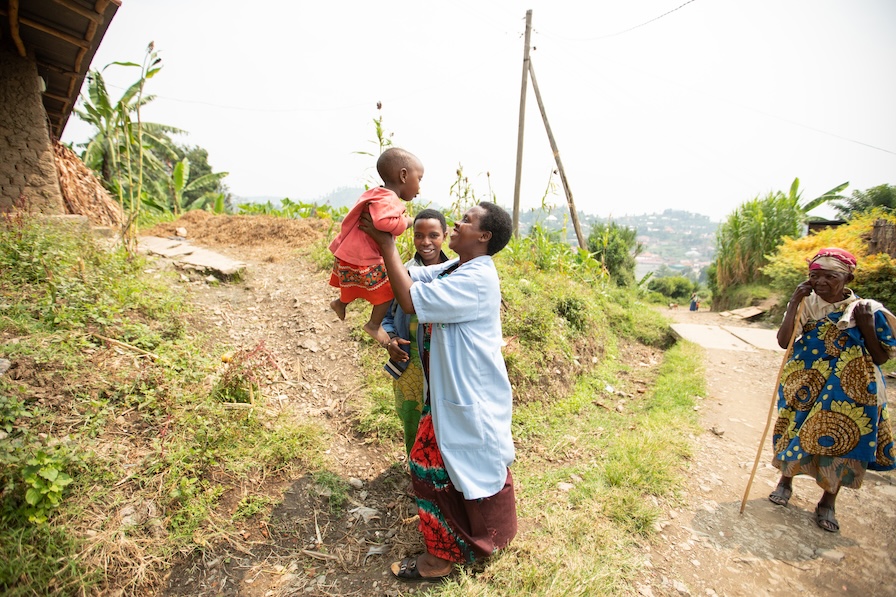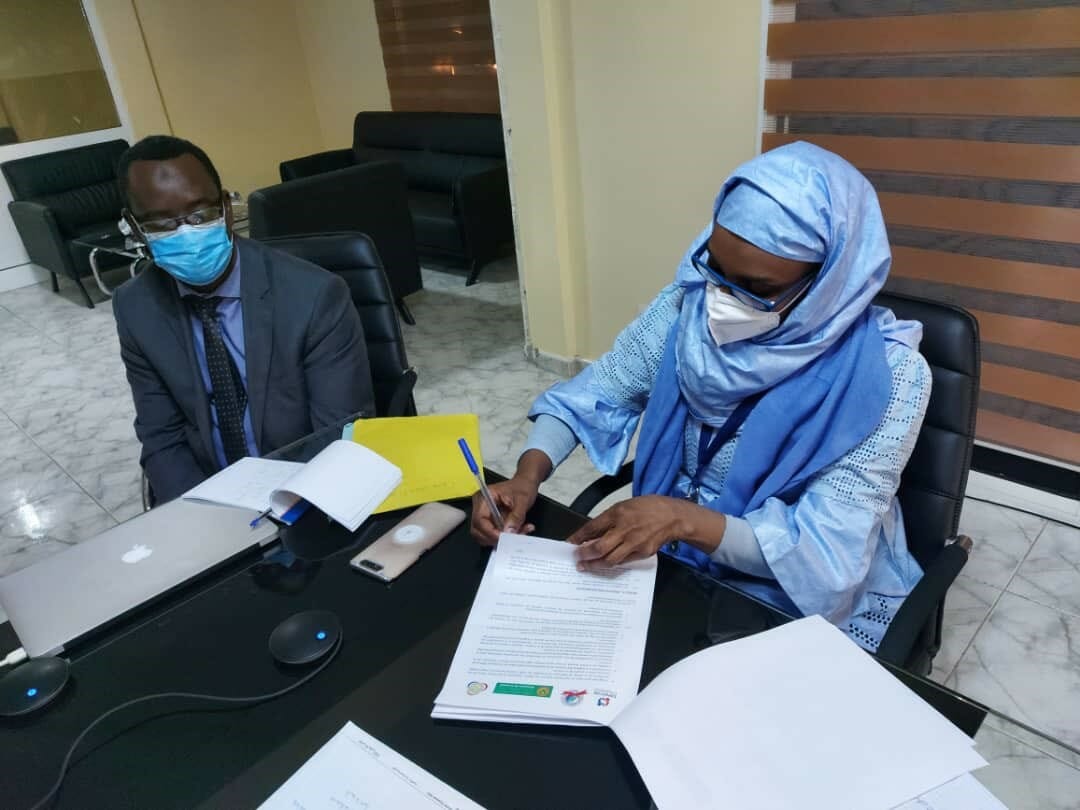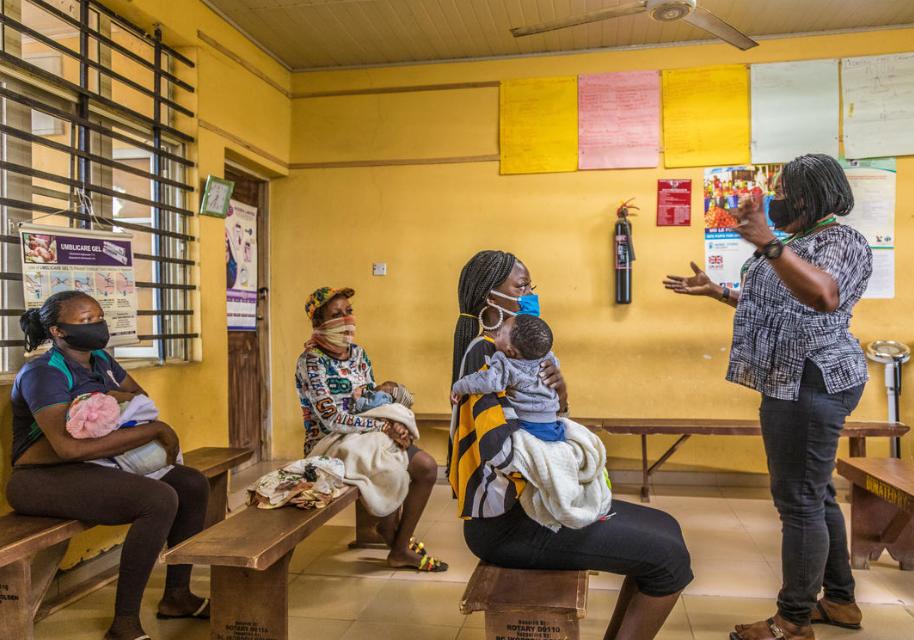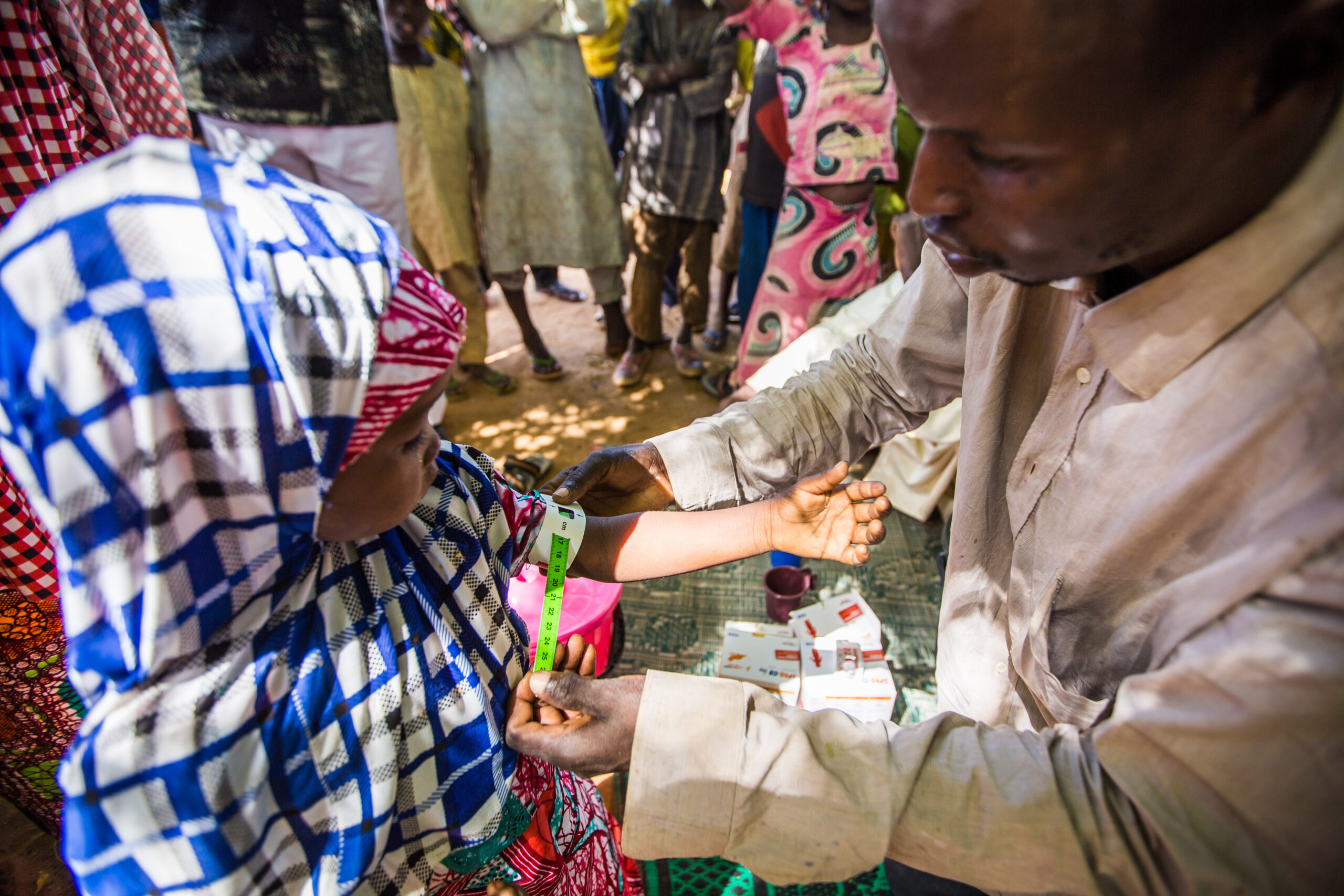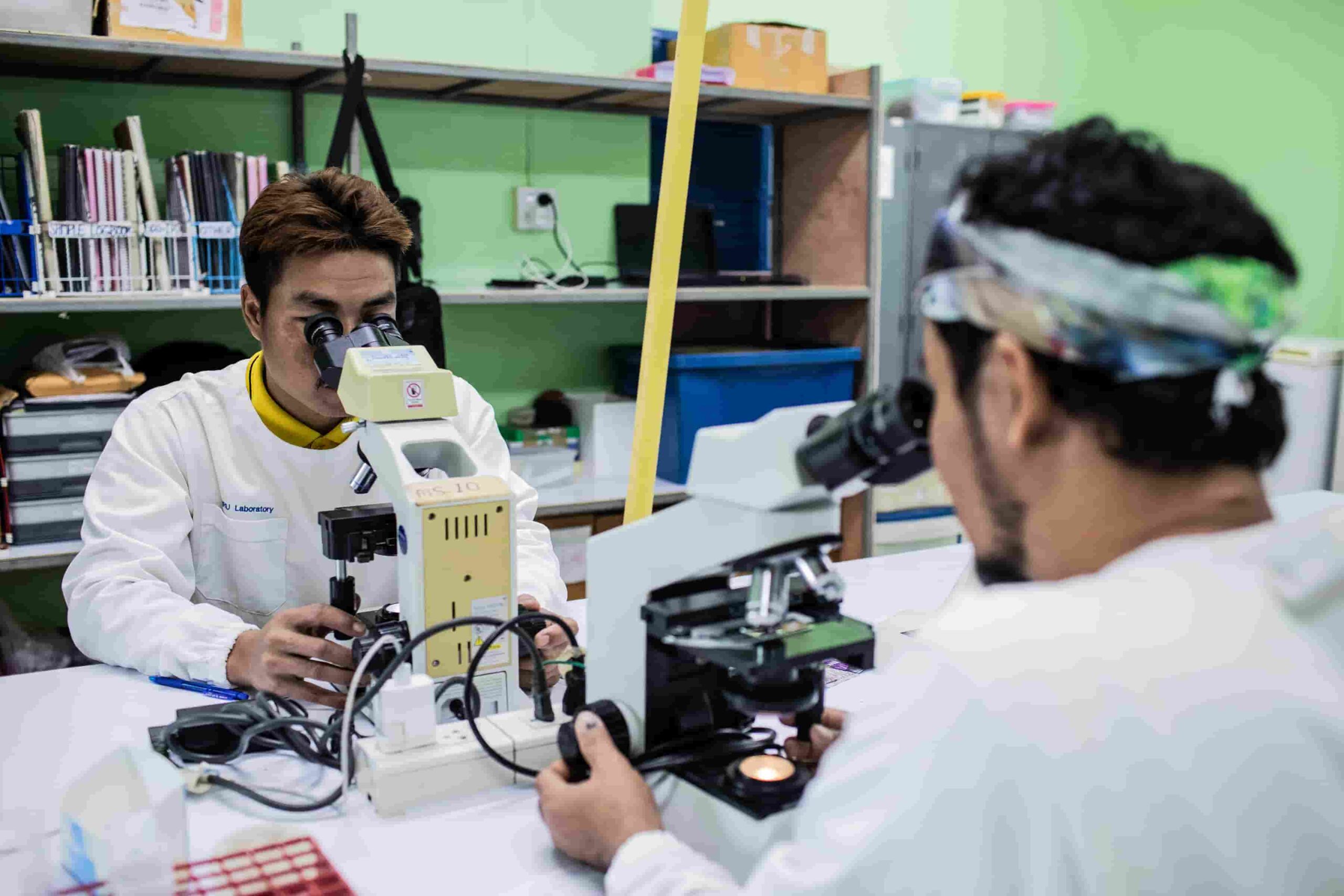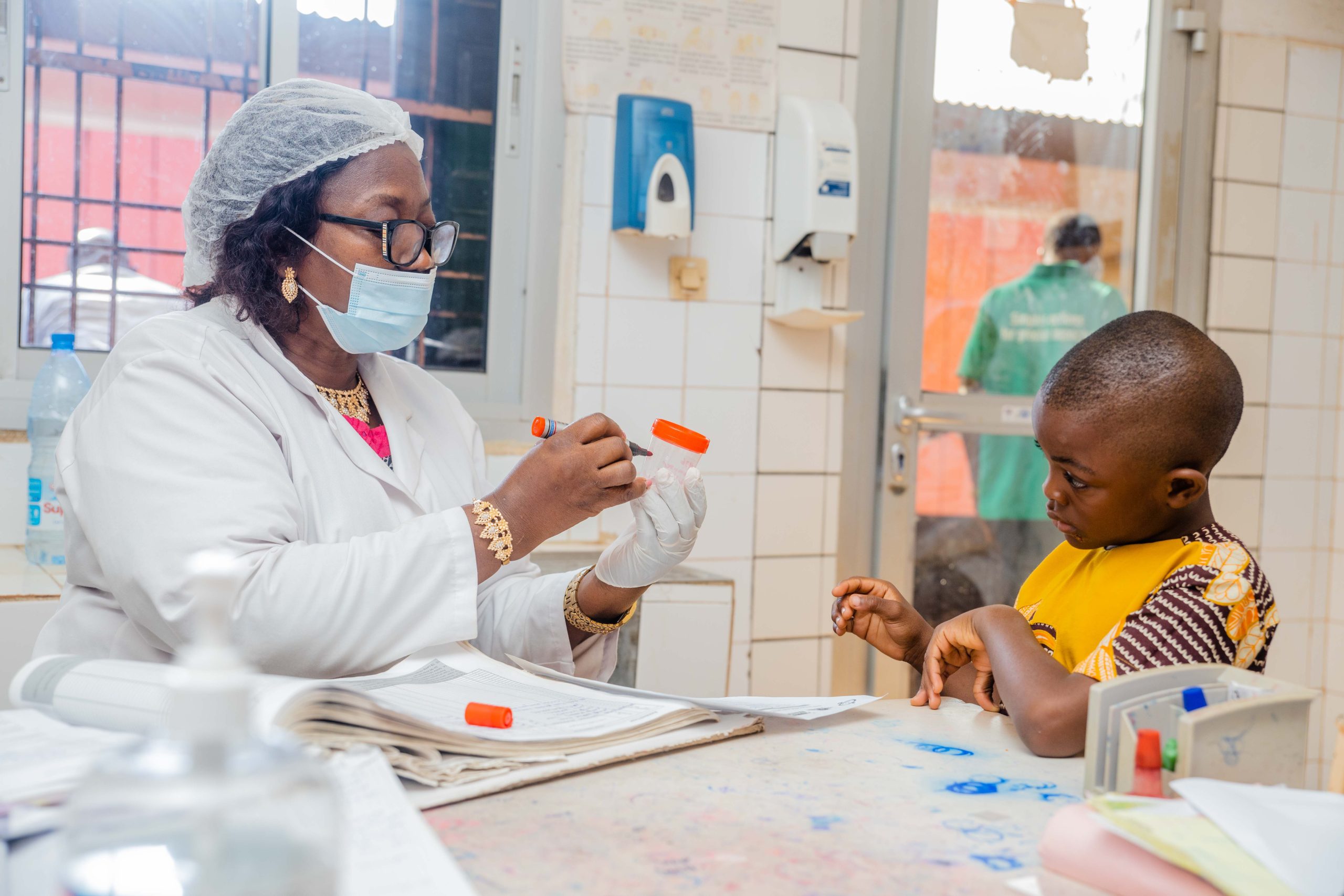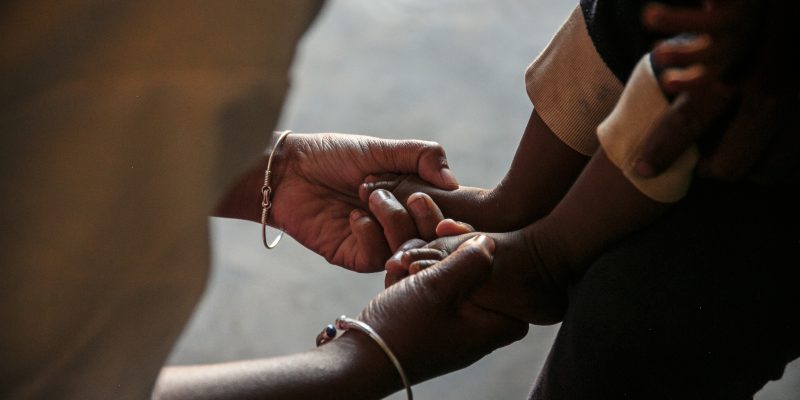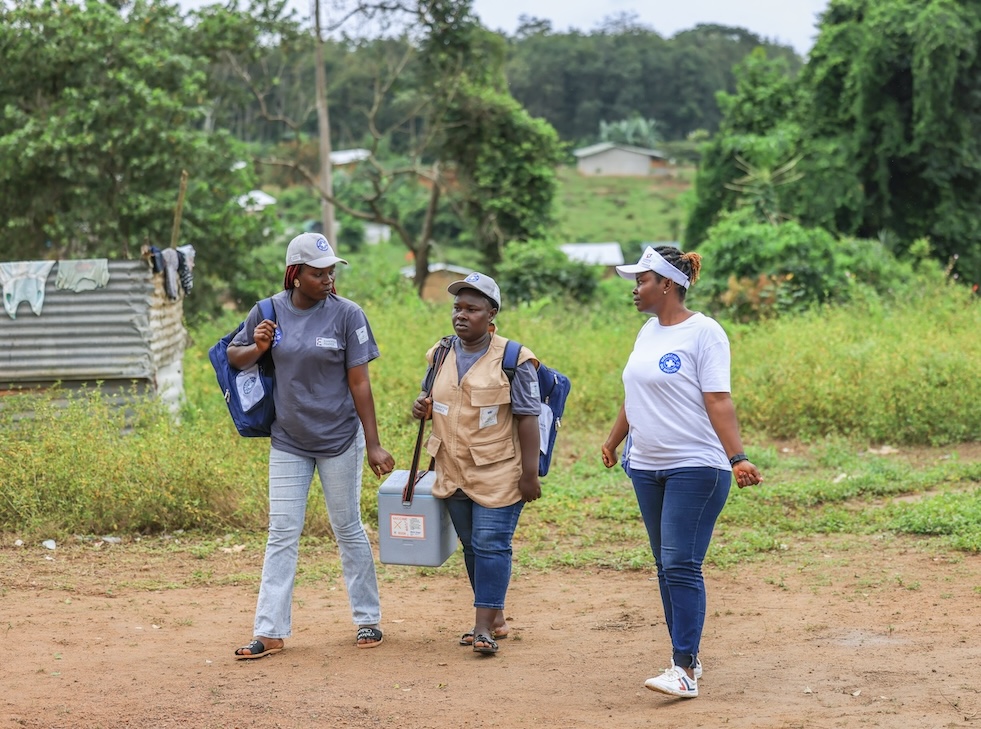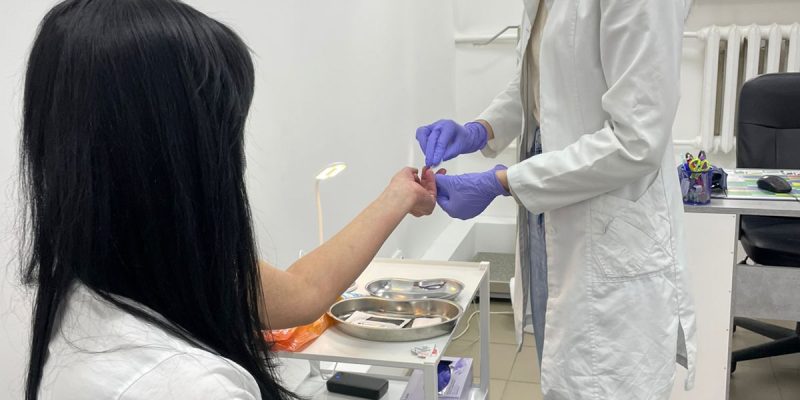Investing in Human Resources
In 2024, L’Initiative transformed its commitments into tangible actions, with a major effort in developing human resources for health. Training, institutional anchoring, and recognition were key levers used to build fairer, stronger and more accessible health systems. Particular attention was paid to gender inequalities that hinder access to care and careers in healthcare. This confirms L’Initiative’s ability to tackle the root causes of health system weaknesses through an integrated and cross-sectoral approach to pandemic response.
Training and Supporting Future Health Professionals
L’Initiative allocates 47% of its budget to improving health systems, with a strong focus on strengthening human resources. In Rwanda, €5 million has been invested in the “4×4” strategy, which aims to quadruple the number of frontline health workers within four years. As part of this momentum and in line with its mission, L’Initiative also supports the training of young researchers from Francophone Africa, including through the 2023 TB Masterclass held in Cameroon, which led to the production of a podcast. A second edition is planned for December 2025 in Benin.
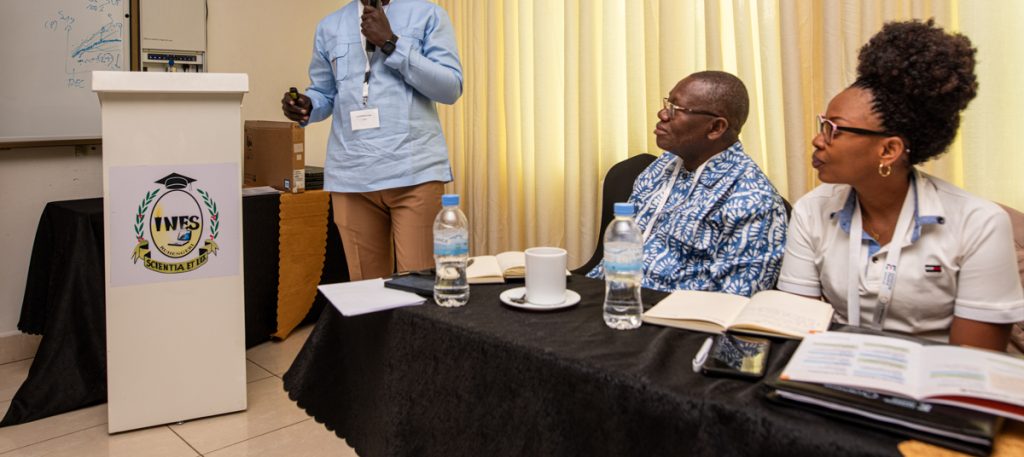
The “4×4” Strategy in Rwanda
Rwanda faces a shortage of human resources for health that undermines universal health coverage. To address this, the country launched the “4×4” reform in July 2023, aiming to quadruple the number of trained healthcare professionals in four years and improve the quality of medical training. Dr. Menelas Nkeshimana, Head of the Human Resources for Health Development Department at Rwanda’s Ministry of Health, shares insights on the objectives of the “4×4” reform and L’Initiative’s support.
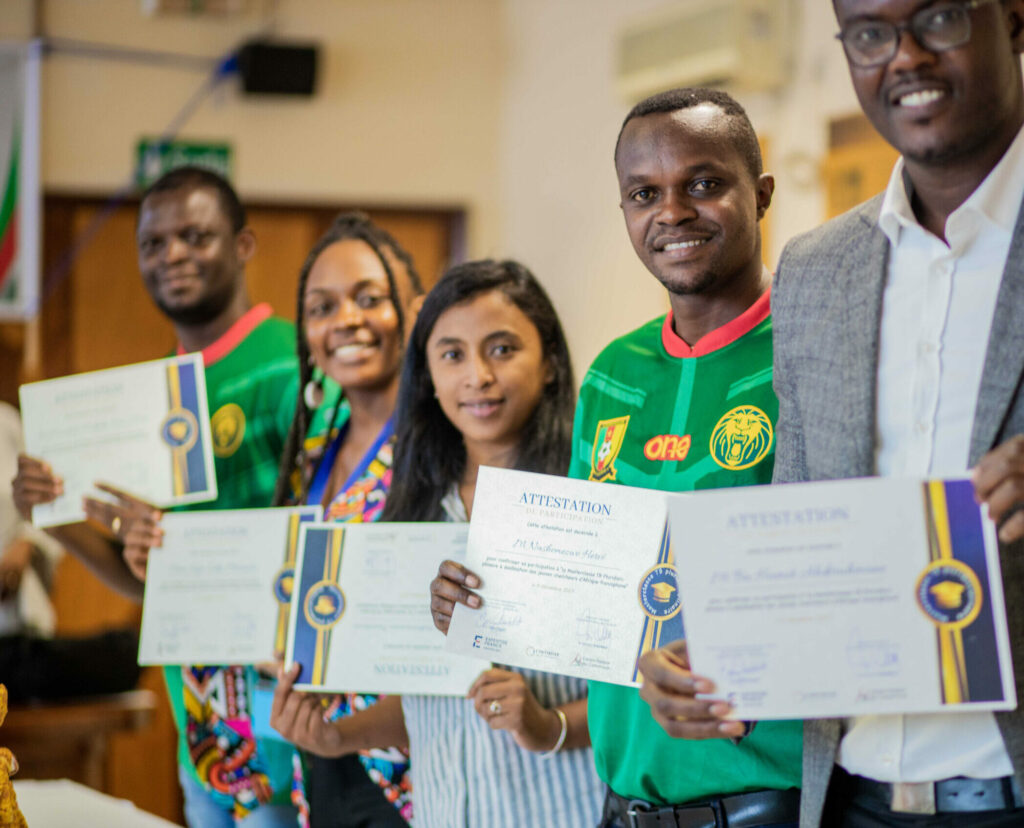
Tuberculosis Masterclass 2025: Training Young Researchers on TB Issues
Continuing its commitment to strengthening human resources for health, L’Initiative will host the second Tuberculosis Masterclass at the end of 2025 in Benin. The goal is to provide young researchers from Francophone Africa with high-quality training on tuberculosis, spanning from basic science to social science research. This comprehensive training will help build a network of young male and female researchers specializing in TB.
Strengthening the Skills of National Decision-Makers
L’Initiative aims to strengthen the autonomy of partner countries and their capacity to respond to public health challenges. In Chad and Mauritania, this support includes planned technical assistance programs (DAT/DATP), which help improve governance and management of Global Fund grants. Over the long term, L’Initiative also supports national programs to combat malaria and tuberculosis (PNLP, PNLT) by deploying field experts and supporting operational research, such as a training in Rwanda focused on the impact of climate change on malaria.
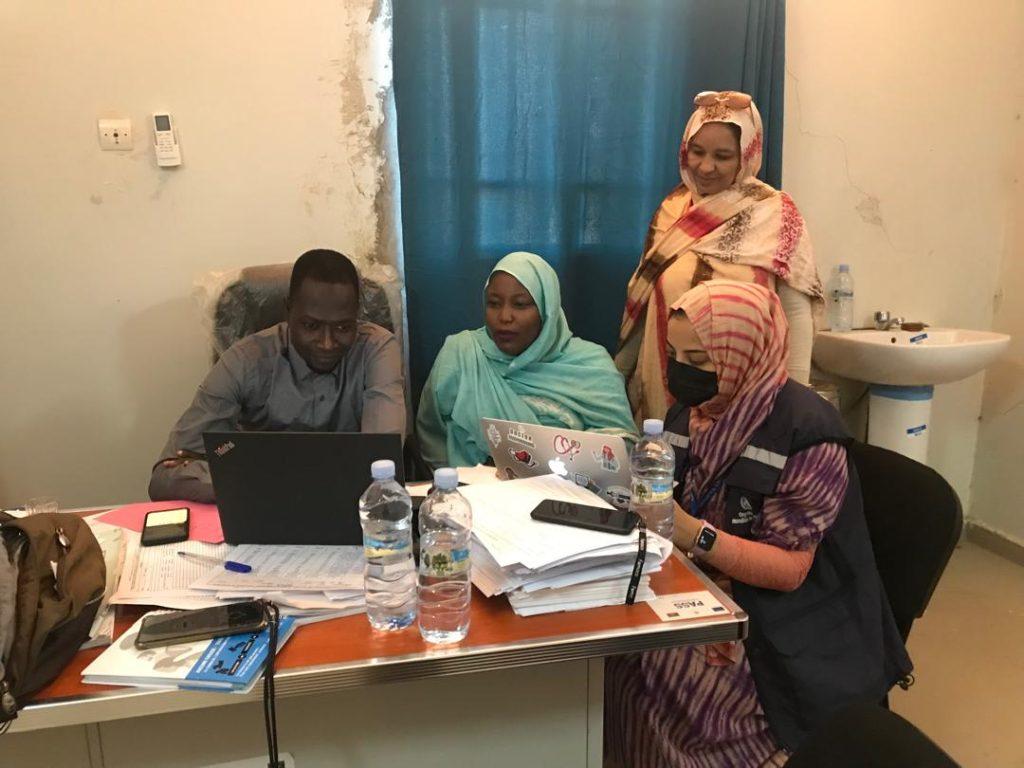
DATP Mauritania: Fighting Malaria
In Mauritania, strengthening qualified personnel, improving healthcare infrastructure, and securing medicine supply chains are critical levers for scaling up efforts against the three pandemics — especially malaria, the leading cause of medical consultations. In 2021, L’Initiative supported the deployment of a DATP to provide sustained support for the country’s efforts, with a strong focus on malaria control. Dr. Chanelle Muhoza, resident expert for the DATP, shares insights into this initiative.
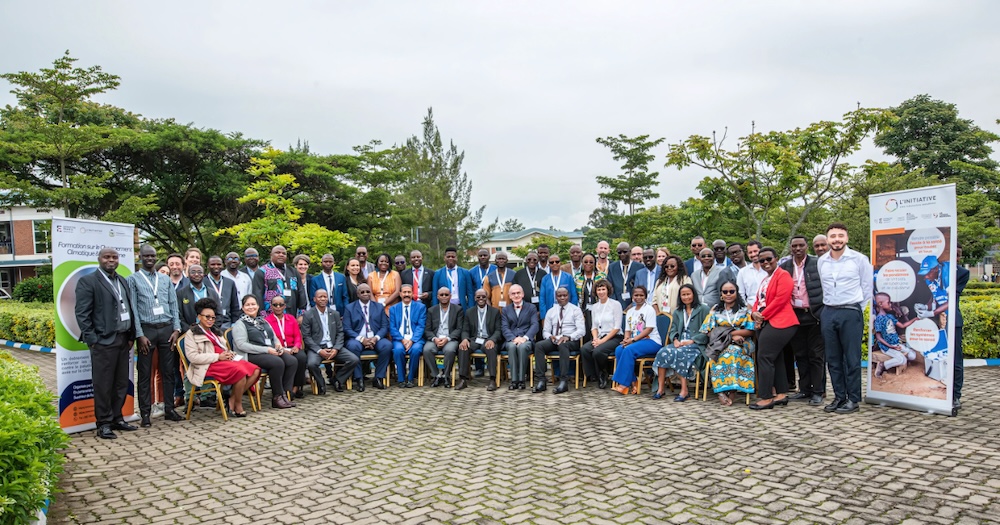
Integrating Climate Change into Malaria Response
African countries are facing a new challenge that is reshaping the fight against malaria: climate change. As it alters the geographic spread and seasonality of the disease, adapting prevention and control strategies has become urgent. L’Initiative and the Ruhengeri Institute of Higher Education (INES-Ruhengeri) co-organized a training session on this topic from December 2 to 6, 2024, in Musanze (Rwanda), bringing together representatives from 19 Francophone sub-Saharan African countries.
